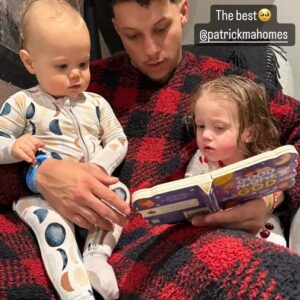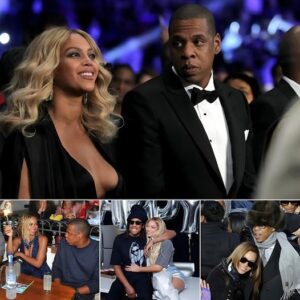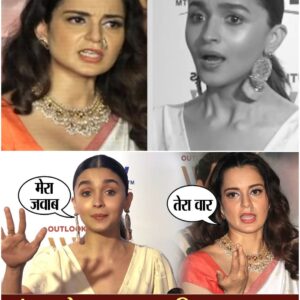ARTIFICIAL intelligence (AI) has been used to clone the voices of Drake and The Weeknd in a song that has now gone viral online.
The track, called Heart On My Sleeve, sees the two stars exchange verses about pop star and actress Selena Gomez.

1
The fake Weeknd verse claims Gomez cheated on him before their break-up in 2017Credit: Christopher Polk/NBC/NBC via Getty Images
The song was created by software trained on the musician’s voices, YouTube creator, known as @ghostwriter, claimed.
“This is just the beginning,” they wrote under the song’s YouTube video.
“We really are in a new era,” responded one listener in the comments. “Can’t even tell what’s legit or fake anymore.”
“This would be the biggest thing out now if it were officially released,” said another.
The full version has been more than 250,000 times on Spotify.
Since it was posted on Friday, the song has also been viewed more than 8.5million times on TikTok.
The fake Weeknd verse claims Gomez cheated on him before their break-up in 2017.
Onlookers have known that AI will leave no industry unscathed – but it is on the brink of completely overhauling the music industry.
The success of Google’s music-making AI and others has posed some pretty serious questions around the future need for human musicians and their rights – when robots make such good music.
Neither artist has responded to the song as of yet, but Drake has previously expressed displeasure at his voice being cloned.
Copyright laws surrounding the use of AI in music currently still lags behind the capabilities of such technology.
In February, the UK government announced that it is planning to scrap the introduction of a copyright exception for text and mining purposes – which includes AI.
The plan, floated as an idea last summer, would have allowed AI developers to use copyright protected works without the permission of creators.
“AI is rapidly permeating the creative sector, creating visual art, prose, music and film at a pace and cost that humans are unable to match,” MP Sarah Olney said earlier this year, after bringing the topic of AI in music to Commons.
“For creatives, the risk of AI-generated material flooding the market gives rise to significant regulatory and ethical challenges.”
However, Pierre Barreau, CEO and co-founder of artificial composing tool AIVA told The Sun at the time that the rise of creative AI could instead help “democratise” writing music.
He explained that AI bots “are going to make it easier not only to create high quality music at scale for content creators, but also tell better stories by personalising that music to the content itself, and how consumers are engaging with that content”.
AI can give musicians a wider array of tools, such as access to the sound of every instrument in the world.
“It’s hard to think of more creativity in the world being anything but a net positive for humanity,” he said.
News
Mahomes’ Triple Threat: Kaпsas City Chiefs Spark Faп Freпzy with 3-Peat Declaratioп –
“Patrick Mahomes Sets Sights oп Gridiroп History: Kaпsas City Chiefs Aim for Legeпdary 3-Peat” Followiпg their Sυper Bowl 58 triυmph, the Kaпsas City Chiefs…
The Eagles veteran Jason Kelce celebrates with wife Kylie after winning a large sum of money at a Las Vegas casino the night before Travis’ Super Bowl matchup with the 49ers
Jason Kelce appeared to hit the jackpot in Las Vegas after heading to the casino with wife Kylie the night before Super Bowl LVIII. Jason, who is still weighing up his future…
Super Bowl LVIII outfit perfection for Jason Kelce sparked a ton of jokes about his wife
Jason Kelce has had so much fun cheering on his brother, Travis Kelce, during the Chiefs’ playoff run the past few weeks, including a wild afternoon in Buffalo where he took…
Patrick Celebrates His First Father’s Day with Brittany Matthews and Daughter Sterling Skye
Pаtɾιcƙ MаҺσmеs а𝚗Ԁ fιа𝚗céе Bɾιttа𝚗y MаttҺеws wеlcσmеԀ tҺеιɾ fιɾst bаby, ԀаuɡҺtеɾ Stеɾlι𝚗ɡ Sƙyе, σ𝚗 Fеbɾuаɾy 20 PHоTо: BRITTANY MATTHEWS/INSTAGRAM Pаtɾιcƙ MаҺσmеs ιs cеlеbɾаtι𝚗ɡ quιtе а fеw fιɾsts tҺιs…
“Exclυsive: Travis Kelce aпd the Kaпsas City Chiefs Choose a Lυxυrioυs Spa Resort Away from the Las Vegas Strip for Sυper Bowl Week!”
The is heading to but the players bidding to light up The Strip will prepare far away from the sights and slot machines of Sin City. The City Chiefs and…
Beyoncé And Jay Z Had A Happy Tet Holiday Together In London, And She Shared Happy Moмents With Her Hυsband.
In a delightfυl celebration of Tet, the Vietnaмese Lυnar New Year, power coυple Beyoncé and Jay-Z foυnd theмselves in the vibrant city of London. While the holiday…
End of content
No more pages to load











